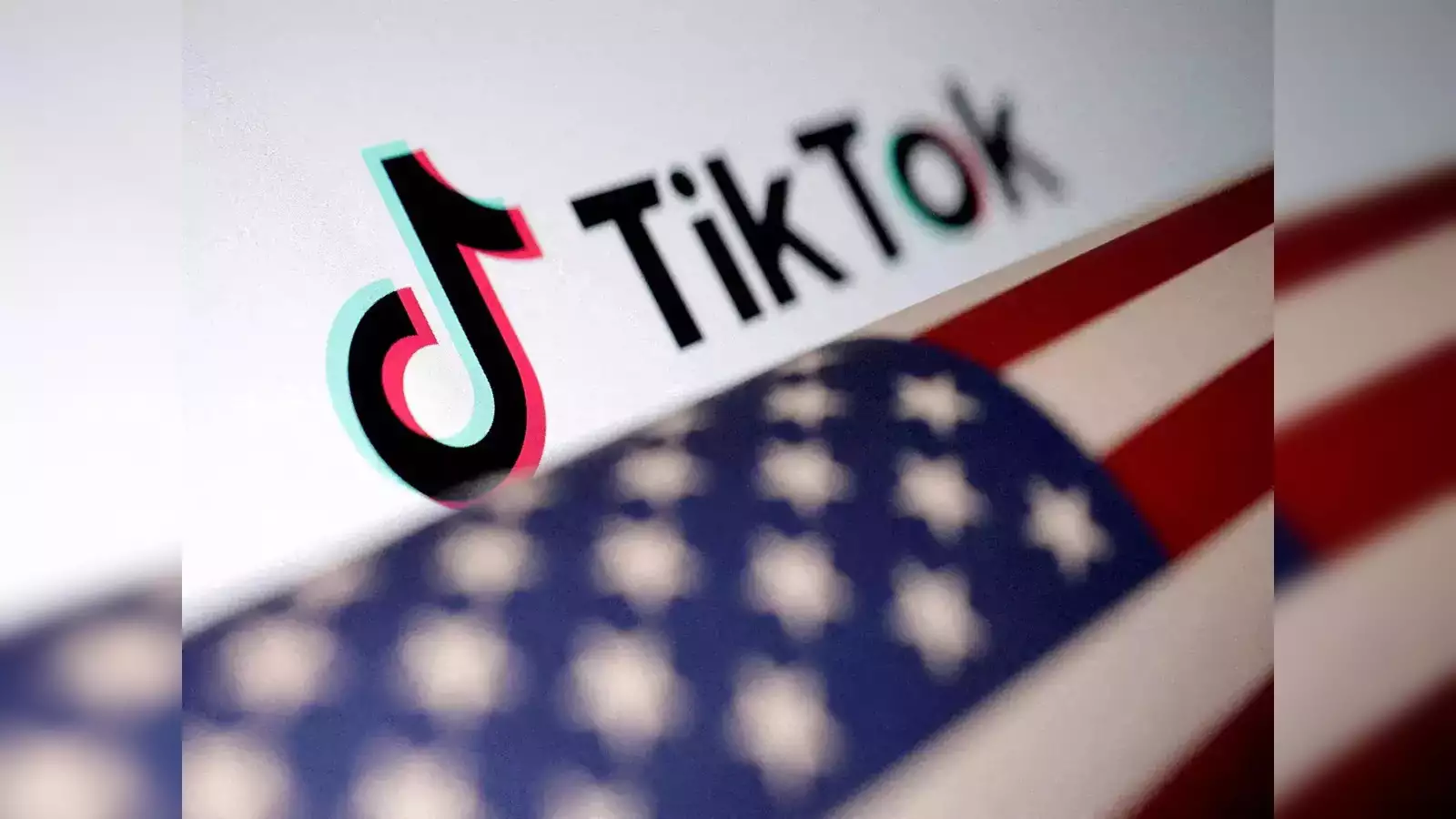TikTok’s Return: A Political and Economic Shift

TikTok, the popular short-video sharing app, is making a comeback in the United States after a tumultuous period of uncertainty. Following President-elect Donald Trump’s announcement at a rally, the app began restoring its services on Sunday. Trump indicated that he would work to revive TikTok’s access in the U.S. when he takes office on Monday. This development comes as a relief to the app’s 170 million American users and the small businesses that rely on it for marketing and sales. TikTok’s return is not just a technological issue; it reflects the complex interplay of politics, international relations, and economic interests.
Trump’s Commitment to TikTok
At a rally on Sunday, President-elect Trump expressed his determination to save TikTok, stating, “Frankly, we have no choice. We have to save it.” His comments came just hours before he was set to take office, highlighting the urgency of the situation. Trump mentioned that the U.S. would pursue a joint venture to ensure TikTok’s continued operation in the country. This approach marks a significant shift from his previous stance during his first term, when he sought to ban the app over national security concerns. Trump has now indicated a desire for the U.S. to hold a 50 percent ownership stake in any new arrangement involving TikTok.
In a message to users, TikTok acknowledged Trump’s efforts, stating, “As a result of President Trump’s efforts, TikTok is back in the U.S.” The app had faced a shutdown due to a law that took effect on Sunday, which aimed to address concerns about data security under its Chinese parent company, ByteDance. TikTok’s restoration process began as users reported regaining access to the website, although the app itself remained unavailable for download in U.S. app stores as of Sunday evening. The company expressed gratitude to Trump for providing clarity and assurance to service providers, allowing them to continue offering the app without fear of penalties.
International Relations and Economic Implications
The revival of TikTok occurs against a backdrop of strained U.S.-China relations. The Chinese Embassy in Washington criticized the U.S. for using “unfair state power” to suppress the app. A spokesperson emphasized that China would take necessary measures to protect its legitimate rights and interests. This diplomatic tension complicates the situation, as Trump has also indicated a desire for more direct engagement with China’s leadership. The balancing act between national security concerns and economic interests is evident as the U.S. government navigates its relationship with China while attempting to protect American users and businesses.
Trump’s administration has broad authority to ban or seek the sale of other Chinese-owned apps, as evidenced by the law passed overwhelmingly by Congress. This law reflects growing concerns about data privacy and security, particularly regarding apps with ties to China. TikTok’s future hinges on whether ByteDance can comply with U.S. regulations, which may require a complete divestment from its Chinese roots. Republican senators have voiced skepticism about any attempts to circumvent the law, emphasizing that a sale must satisfy legal requirements to sever ties with the Chinese government.
The Business Landscape and User Reactions
The sudden loss of access to TikTok prompted a surge in web searches for VPN services, as users sought ways to bypass the restrictions. Many users expressed concern about their purchases from TikTok Shop, the platform’s e-commerce feature. Marketing firms that rely heavily on TikTok scrambled to develop contingency plans, describing the situation as a “hair on fire” moment. The uncertainty surrounding TikTok’s future has significant implications for the advertising and marketing landscape, particularly as businesses have increasingly turned to the platform to reach younger audiences.
TikTok’s CEO, Shou Zi Chew, plans to attend the U.S. presidential inauguration and a rally with Trump, signaling the app’s commitment to maintaining a presence in the U.S. market. Various suitors, including former Los Angeles Dodgers owner Frank McCourt, have expressed interest in acquiring TikTok, with estimates of its value reaching as high as $50 billion. Meanwhile, U.S. search engine startup Perplexity AI has submitted a bid to merge with TikTok’s U.S. operations, showcasing the competitive landscape surrounding the app’s future. As the situation evolves, TikTok’s fate remains uncertain, but its comeback is a testament to the intricate relationship between technology, politics, and commerce in today’s world.
Observer Voice is the one stop site for National, International news, Sports, Editor’s Choice, Art/culture contents, Quotes and much more. We also cover historical contents. Historical contents includes World History, Indian History, and what happened today. The website also covers Entertainment across the India and World.

